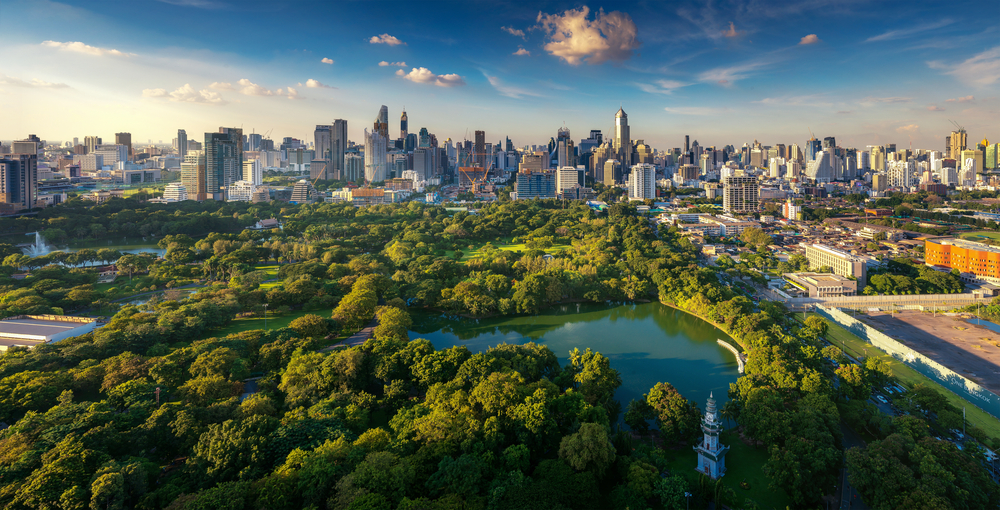What has been described as the most comprehensive study of its kind has shown that Green spaces in cities play a vital role in reducing illness and deaths caused by climate breakdown.
Among other things, the findings of the review suggest that adding more parks, trees and greenery to urban areas could help countries tackle heat-related harms and improve public health. The record for the world’s hottest day tumbled twice in one week earlier this year when the global average surface air temperature reached 17.15C (62.87F) breaking the record of 17.09C set days earlier.
The climate crisis is driving up global temperatures as greenhouse gas emissions released when humans burn fossil fuels warm the Earth’s atmosphere. The overall beneficial effects of green spaces is well established, but until now their effects on heat-related health risks were poorly understood.
Now a review of the evidence led by the London School of Hygiene & Tropical Medicine suggests that abundant green space in urban areas is linked to lower rates of heat-related illness and deaths, as well as better mental health and wellbeing.
Read also: Miliband faces tough decision on speed of greenhouse gas cuts
“Urban green spaces play a vital role in mitigating heat-related health risks, offering a potential strategy for urban planning to address climate change and enhance public health,” the researchers wrote in the journal BMJ Open.
“A review of urban greenery and its effect on heat-related morbidity and mortality suggests that urban green spaces, such as parks and trees, can have a positive impact on reducing the negative health effects associated with high temperatures,” they added.
“Studies have found that areas with more green space have lower rates of heat-related morbidity and mortality compared with areas with less green space. Moreover, urban greenery can also have a positive impact on mental health and wellbeing, which can also contribute to reducing the negative health effects of high temperatures.”
Story was adapted from the Guardian.
